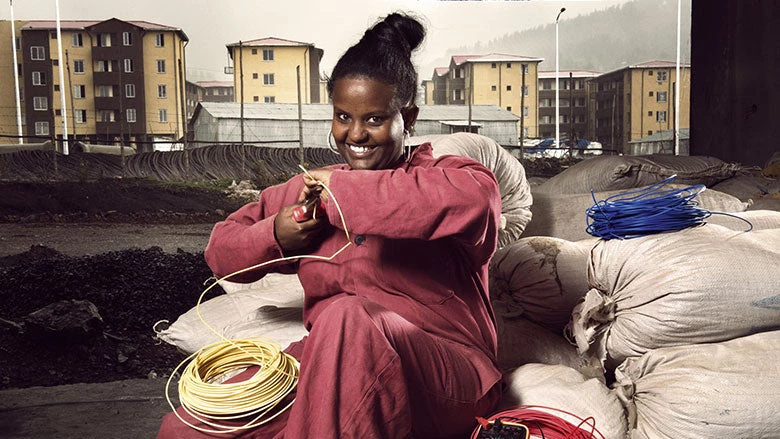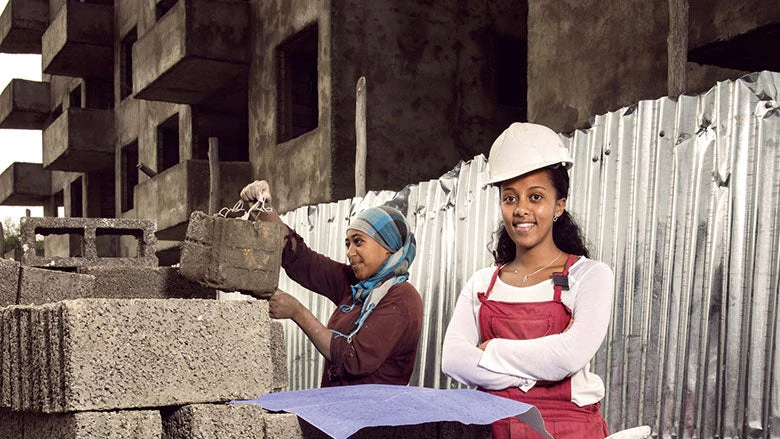
Walk around a major city in Sub-Saharan Africa and you will quickly realize that women are a highly visible part of the economy, selling all manner of products and services. In some ways, women are powering the economies of the continent to a greater degree than anywhere else in the world; Sub-Saharan Africa is the only region where women make up the majority of self-employed individuals.
What this fact conceals, however, is that on average women-owned firms have fewer employees, and lower revenues, profits, and productivity. In many cases, women’s businesses contribute little beyond basic subsistence. This limits the potential of women entrepreneurs and hinders economic growth and poverty reduction in Africa.
We now know that there are several key constraints that hold back women entrepreneurs in Africa. Though gender gaps in schooling have been closing, women still have fewer years of education and less skills than men. Women have limited access to capital and assets, and are often only able to access these financial tools through their husbands. In Malawi, for example, a survey found that 23% of women entrepreneurs used their spouse’s savings to start their business, compared to just 2% of men (Campos, Goldstein and McKenzie, 2015). Legal discrimination often underpins women’s lower access to some assets. While African governments have made progress eliminating gender discrimination in business law, family law often gives husbands control over property and land, vital sources of collateral. Even where there is legal equality, social norms or customary law may impede effective implementation. Social norms also push women to operate in less profitable sectors and to divert more of their time and capital away from their businesses and toward domestic tasks and investments in children’s health and education – or even to investments in their husbands’ businesses.
Yet with the right policies and interventions, there is a huge opportunity to unleash women entrepreneurs, boosting economic growth and lifting millions of people out of poverty in the process. While in some cases removing barriers to women entrepreneurs may involve slow-moving policy debates, in other cases relatively simple interventions can make a huge difference.
In Ethiopia, an innovative project may be about to change the game for women entrepreneurs. All across Africa, women lack access to land and property, a key source of collateral for accessing business loans. Now, the Women’s Entrepreneurship Development Project is providing these women - and the banks that could serve them - with an alternative to collateral: a 45 minute psychometric test that provides a reliable indication of whether an entrepreneur will repay a loan. If you are good enough, you get the loan – no collateral required. So far, the repayment rate is 99.4%.
We should also recognize that men can be important allies in promoting women’s entrepreneurship. Recent research suggests that having a male role model is one of the most important factors determining whether a woman entrepreneur crosses over into a traditionally male-dominated sector. This is significant because male-dominated sectors tend to offer much higher profits. Access to information on these higher profits also seems to be important. Merharriet Hailemariam, from Addis Ababa, studied to be a journalist, but changed her mind when she found out she could earn more money as an electrician. She even convinced two sisters and two friends to follow her and would now like to get a degree in construction technology and management.
We may still be a long way off from achieving gender equality across health, education, social, and economic outcomes, but one thing is clear: with some relatively simple interventions we can unleash a continent of ambitious women entrepreneurs and maybe even transform a continent in the process.



Join the Conversation